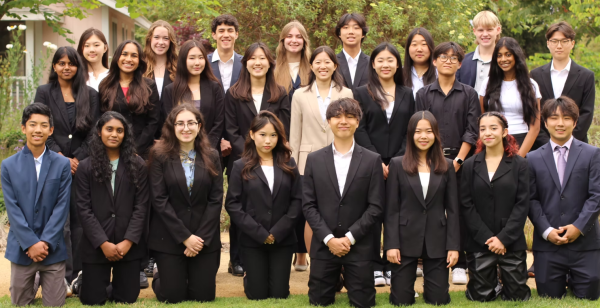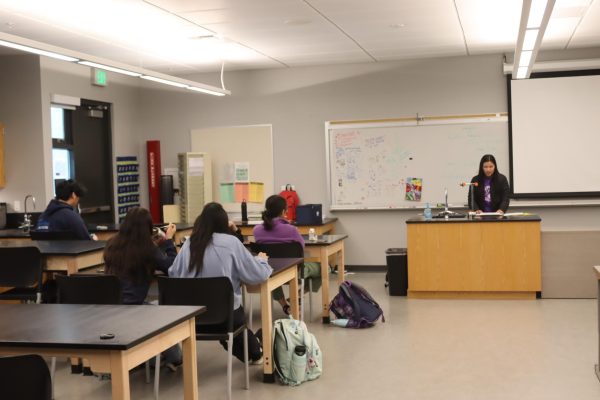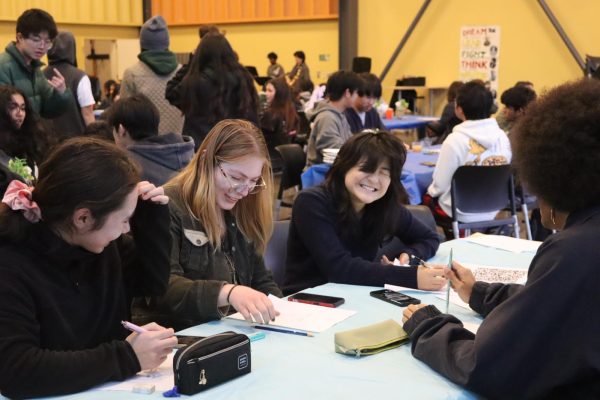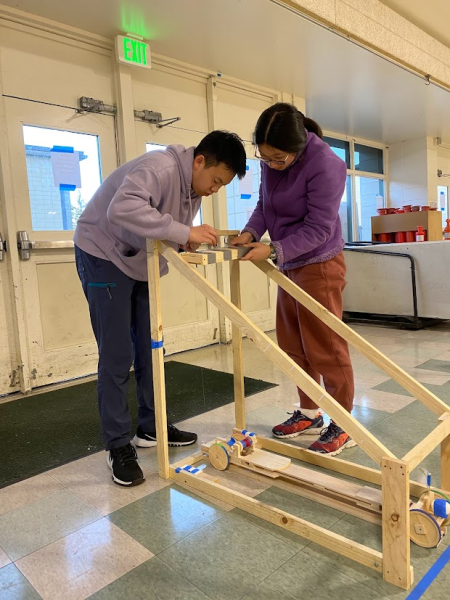The High Flyer: The importance of rereading books
Even books we don’t like can offer us hard truths and lifelong themes
I still remember picking up the book “Bridge to Terabithia” by Katherine Paterson in elementary school. I was bored, had nothing to read, found the title vaguely familiar and saw the Newbery Medal on the cover, so I decided to give it a try.
By the time I finished it, I hated it. I hated it because the ending ruined it all. The first five-sixths of the book were perfectly lovely, detailing the lives of Leslie and Jesse, two fifth-grade best friends who had an imaginative world of their own across the creek that ran behind their homes. Then out of nowhere, the book ends with Leslie dying after falling into the creek, leaving Jesse alone and grief-stricken.
Whereas other books I hate are books I dislike from start to finish, this book was different; it was such a peaceful, happy book that breaks your heart at the end. My enjoyment of the first part of the story made the end all the more horrifying. “What in the world was the author thinking?,” I thought. She had been doing so well, only to ruin everything she had built up in the first part of the book.
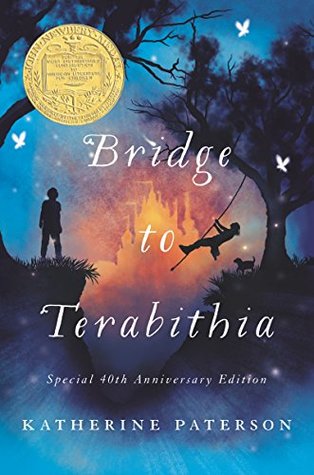
Now, looking back, I realize I had a completely different view on how literature should be written than I do now. After reading the book again when I was in high school, I was able to see the devastating, but all too important themes of loss and grief in the story that I wasn’t able to see when I was in elementary school. I learned how important it is to go back to works of literature you didn’t appreciate as a kid, and try them out a second time.
As an elementary schooler, I thought all books should be written for the entertainment of the reader. I didn’t understand the point of tragedies. Books were stories authors had control over, so why should they end them sadly?
But as I grew older and was introduced to more literature, I realized that tragic books are rare for young children. Soon, all sorts of books I was reading had introduced me to abandonment of parents, death of loved ones, the horrors of war and more, with some of the most impactful being “The Book Thief” by Markus Zusak, “Out of My Mind” by Sharon Draper and “Little Women” by Louisa May Alcott.
As I read these books, I began to see that the point of literature is not to make us happy; rather, it is to teach us lessons of life, to help us grow in compassion for those who experience things we may never go through and see the world from new perspectives.
After rereading “Bridge to Terabithia” as a high schooler, I saw the reason for the awards and fame it has today. The book was groundbreaking as a children’s book, as it doesn’t hide the hard truths of this world from children, such as the randomness of death and how loved ones can pass away unexpectedly. It also speaks to the challenges parents have to go through to make decisions to give up some protection of their child in order to let them explore and have freedom.
While it makes sense to read your favorite books over and over again, sometimes going back to the books you dislike is even more important. Even if you don’t love a book the second time around, you can still respect it, and may find you can appreciate the themes and perspectives from it.
When we realize books are not merely entertainment, nor are they intended to tailor to what we want specifically, we learn to set aside our personal preferences and look more deeply into the truths the author reveals through their writing. Rather than being blinded to a book’s messages by just focusing on what we don’t like, we should try to experience books in the way the author intended, so that we grow and learn from them.
Who knows? Maybe one day I’ll learn to appreciate “Romeo and Juliet.”
As a senior and third-year Epitaph staffer, Erin would advise any HHS student to join journalism and take Amstud, because both classes are slightly hectic...



